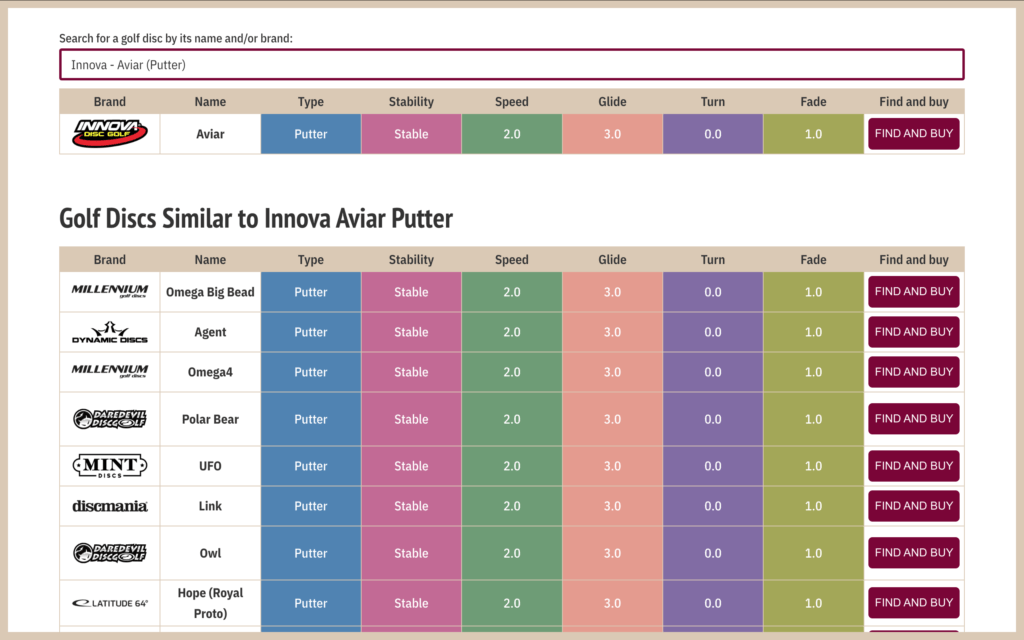Have you ever wondered will AI replace programmers in the ever-evolving world of e-commerce? As the technology landscape shifts, it’s natural to feel a tinge of uncertainty. But fear not! This article will debunk the myths and explore the exciting reality: AI is poised to become a powerful tool in your programmer’s toolkit, not a job-stealing overlord. Let’s dive in and discover how AI will transform the way we approach e-commerce programming, creating a future filled with opportunity for programmers who embrace this change.
For 25 years, I’ve been in the trenches of the ever-changing e-commerce landscape. From the clunky web stores of the early days (think dial-up speeds and pixelated graphics) to the lightning-fast, data-driven platforms we have now, I’ve witnessed it all. And lately, there’s a hot topic causing a stir: Artificial Intelligence (AI). Will it replace programmers altogether?
Let’s be honest, the idea can be unsettling. As e-commerce professionals, our websites and apps are the lifeblood of our businesses. But fear not! Instead of a robot takeover, AI is shaping up to be a powerful tool in our programmer’s toolbox.
My Personal Brush with Generative AI
Look, I’m a firm believer in using technology to our advantage. In fact, I already leverage generative AI to save me time across a wide range of day-to-day activities, both in my professional and personal life. It’s a game-changer!
But let’s talk specifics. Early on in my career, I cut my teeth as a web developer. Back in the early 2000s, I even built a complete e-commerce website for a well-known British clothing brand – all coded in classic ASP! Those were the days.
Since then, the nature of my coding has evolved. The projects I tackle now might only involve writing a couple hundred lines at a time at most. This efficiency got me thinking: will AI replace programmers? I had a fun project in mind and got to work.
To test the waters, I decided to develop a disc golf disc matcher function for my own disc golf website. This would involve using AJAX and PHP, a language I had zero prior experience with. But hey, “code is code, right?” I figured. So, I put Chat GPT to the test.
The AI Experiment: Hits and Misses
Chat GPT did a surprisingly good job of churning out the code. Here’s the key takeaway: you need to be very specific. I had to clearly instruct it to prioritise efficiency and security considerations in the code it generated.
However, debugging was a different story. While AI can identify basic syntax errors, things got messy when it came to more complex issues. Chat GPT ended up going in circles, and in the end, I had to roll up my sleeves and manually debug the code.
Despite the hiccups, once I understood AI’s strengths and limitations, it became a significant time-saver in developing the disc matcher function. This experience was a valuable lesson in the potential and limitations of generative AI for programmers.

AI’s Impact on E-commerce Programming: A Timeline
Now, let’s zoom out and look at the bigger picture. AI’s influence on programming has been steadily growing, and it’s only going to accelerate. Here’s a glimpse into the next two decades:
- Next 5 Years: Expect AI to become a master of automating routine tasks like data entry, code generation, and basic bug fixing. Imagine a world where you can focus on building innovative features while AI handles the groundwork.
- Next 10 Years: Things get even more interesting. AI might start assisting with front-end development, suggesting layouts and personalising user interfaces based on customer data. Think of it as a supercharged design assistant!
- Next 20 Years: Here’s where the predictions get a bit hazier. Some experts believe AI could eventually write entire applications. However, this is likely to be limited to very specific, rule-based scenarios.
The Two Sides of the Coin: Why AI Might (and Might Not) Replace Programmers
So, will AI become our coding overlord and will AI replace programmers? The answer, like most things in life, is nuanced.
On the AI-as-Replacement Side:
- Efficiency Boost: AI undeniably excels at repetitive tasks. This could lead to a streamlining of the programming workforce, with some roles becoming automated.
On the Humans-Are-Irreplaceable Side:
- Creative Spark: Programming isn’t just about writing code, it’s about solving problems creatively. AI might automate tasks, but it can’t replace the human ability to think outside the box and come up with innovative solutions.
- The Human Touch: E-commerce is all about the customer experience. Programmers play a crucial role in crafting intuitive and user-friendly interfaces. AI can’t replicate the human understanding of usability and user psychology.
- Ethical Considerations: As AI becomes more sophisticated, ethical considerations arise. Programmers will be needed to ensure AI is used responsibly and doesn’t introduce biases or security vulnerabilities.
Here’s a breakdown of the ethical considerations programmers will face:
- Bias in AI: AI algorithms can inherit biases from the data they’re trained on. Programmers will need to be vigilant in identifying and mitigating bias to ensure fair and ethical treatment of all users.
- Transparency and Explainability: Many AI systems are complex “black boxes” where it’s difficult to understand how they arrive at decisions. Programmers will play a crucial role in making AI more transparent and explainable, building trust with users.
- Security Concerns: As AI becomes more powerful, the potential for misuse increases. Programmers will need to prioritise security measures to prevent malicious actors from exploiting AI vulnerabilities.
The Evolving Landscape of Programming Roles
Here’s the exciting part: AI won’t eliminate programmer jobs, it will create new ones. Imagine specializing in building and integrating AI tools, or focusing on the ethical and user-centric implementation of AI in e-commerce platforms. The possibilities are endless!
New Roles and Responsibilities:
- AI Integration Specialists: These programmers will bridge the gap between traditional programming and AI, ensuring seamless integration of AI tools and functionalities into e-commerce platforms.
- Data Scientists: The ability to analyze and interpret data will be crucial for personalizing the customer experience and optimizing AI-powered features.
- AI Ethicists: As AI becomes more complex, ensuring its responsible use will be paramount. Programmers with a strong understanding of AI ethics will be highly sought-after.
Will AI Replace Programmers? Navigating the Uncertainty: How Programmers Can Thrive with AI
Change can be daunting, but here are some ways to stay ahead of the curve:
- Embrace Upskilling: The world of AI is constantly evolving. Dedicate time to learning about AI, machine learning, and data analysis. There are countless online courses, workshops, and even university programs to help you get started.
- Focus on Your Strengths: Don’t be afraid to specialise. As AI automates basic tasks, the demand for programmers with niche skillsets will rise. Think about areas where your experience and creativity can truly shine.
- Develop Soft Skills: Communication, teamwork, and the ability to explain complex technical concepts in a clear way will be more valuable than ever. Being able to collaborate effectively with AI and non-technical stakeholders will be key.
Why Programmers Won’t Be Replaced by AI: The Human Element in Programming
Let’s be clear: AI isn’t here to steal our jobs. It’s here to augment our capabilities. The human ability to think creatively, solve complex problems, and understand user needs will always be irreplaceable.
Here’s what AI can’t do:
- Strategic Thinking: Programmers bring a strategic vision to the table, ensuring code is written with long-term goals and scalability in mind.
- Big-Picture Thinking: AI excels at specific tasks, but programmers can see the forest for the trees, ensuring all the pieces of the puzzle fit together seamlessly.
- Adaptability: The e-commerce landscape is constantly changing. Programmers can adapt to new technologies and market trends, while AI is limited by its programming.
Collaboration is Key: Programmers and AI as a Team
The future of e-commerce programming lies in collaboration. Imagine programmers and AI working side-by-side: programmers leveraging AI for efficiency and AI guided by the programmer’s expertise. This powerful partnership will lead to the creation of even more innovative and user-friendly e-commerce experiences.
Preparing for AI Integration: Practical Tips
Now that we’ve explored the landscape, let’s get practical. Here are some tips for integrating AI into your programming workflow:
- Identify Repetitive Tasks: Start by pinpointing repetitive tasks that AI can automate, freeing up your time for more strategic work.
- Choose the Right Tools: There are a growing number of AI-powered programming tools available. Research and choose tools that align with your specific needs and skillset.
- Focus on Human Oversight: Remember, AI is a tool, not a replacement. Always provide human oversight and quality checks to ensure the code is functioning as intended.
Conclusion: A Bright Future for Programmers in E-commerce
The rise of AI might seem like a threat, but for programmers who embrace this change, it’s an exciting opportunity. By upskilling, specialising, and working collaboratively with AI, programmers can ensure they remain at the forefront of e-commerce innovation. The future is bright, and it’s built on the powerful partnership between human ingenuity and the potential of AI.



